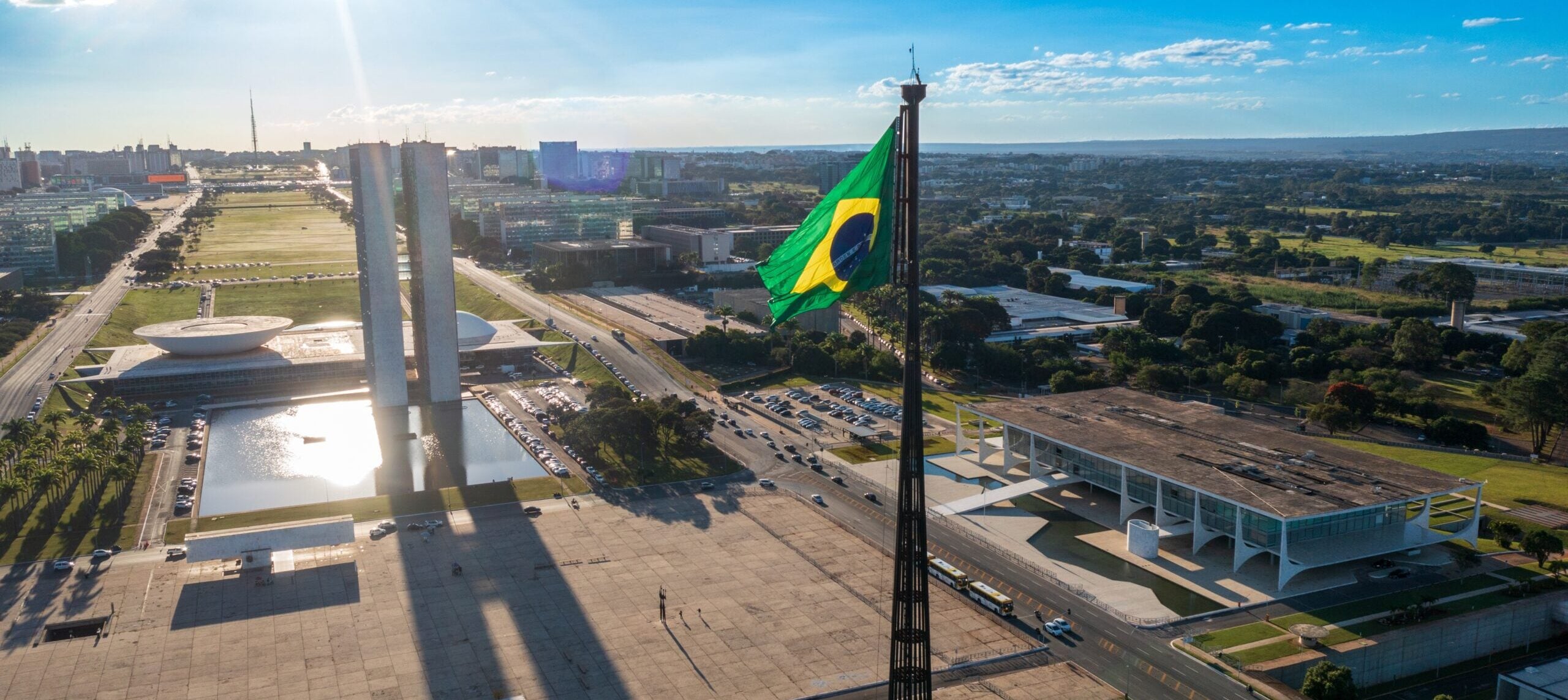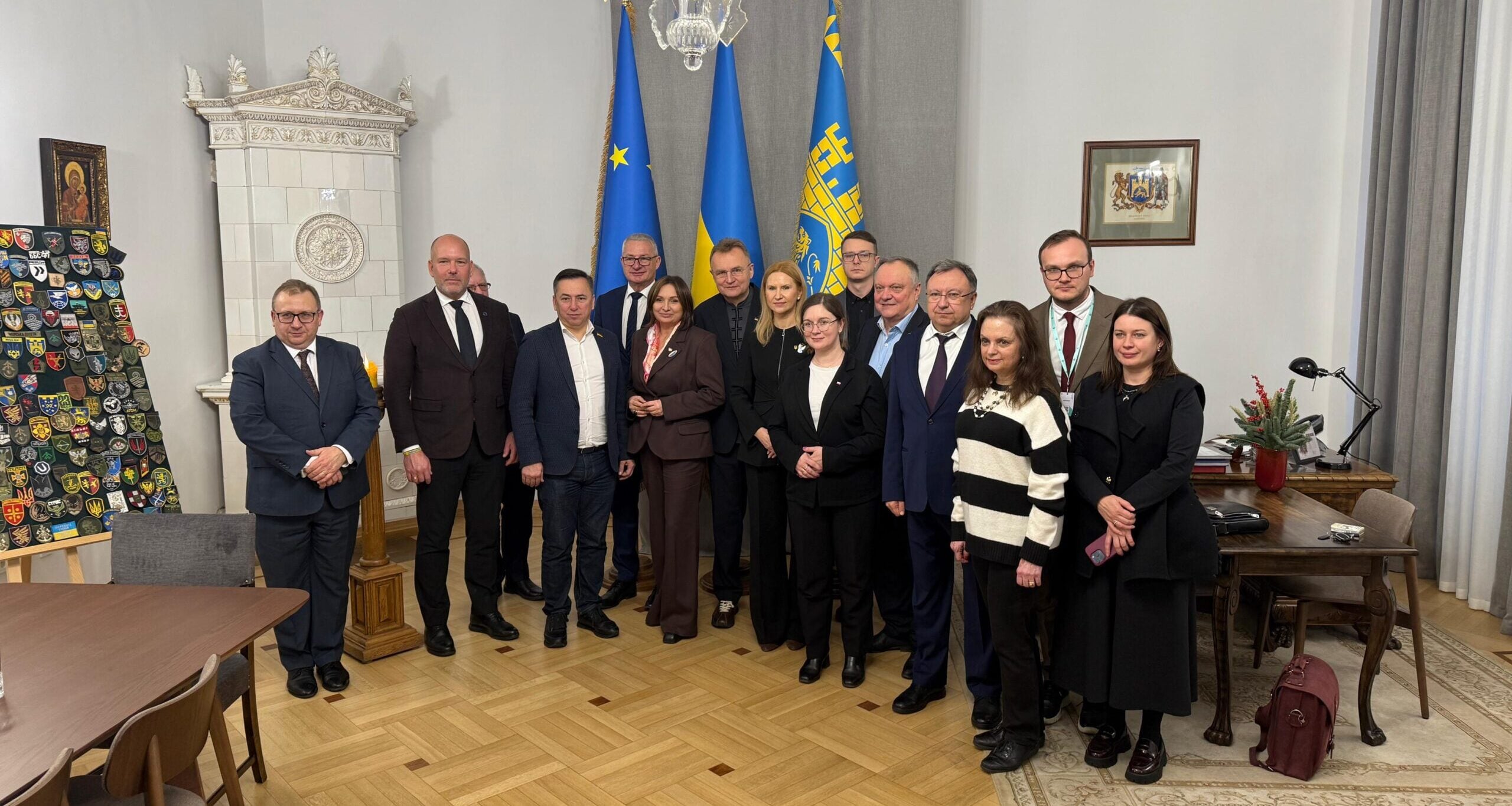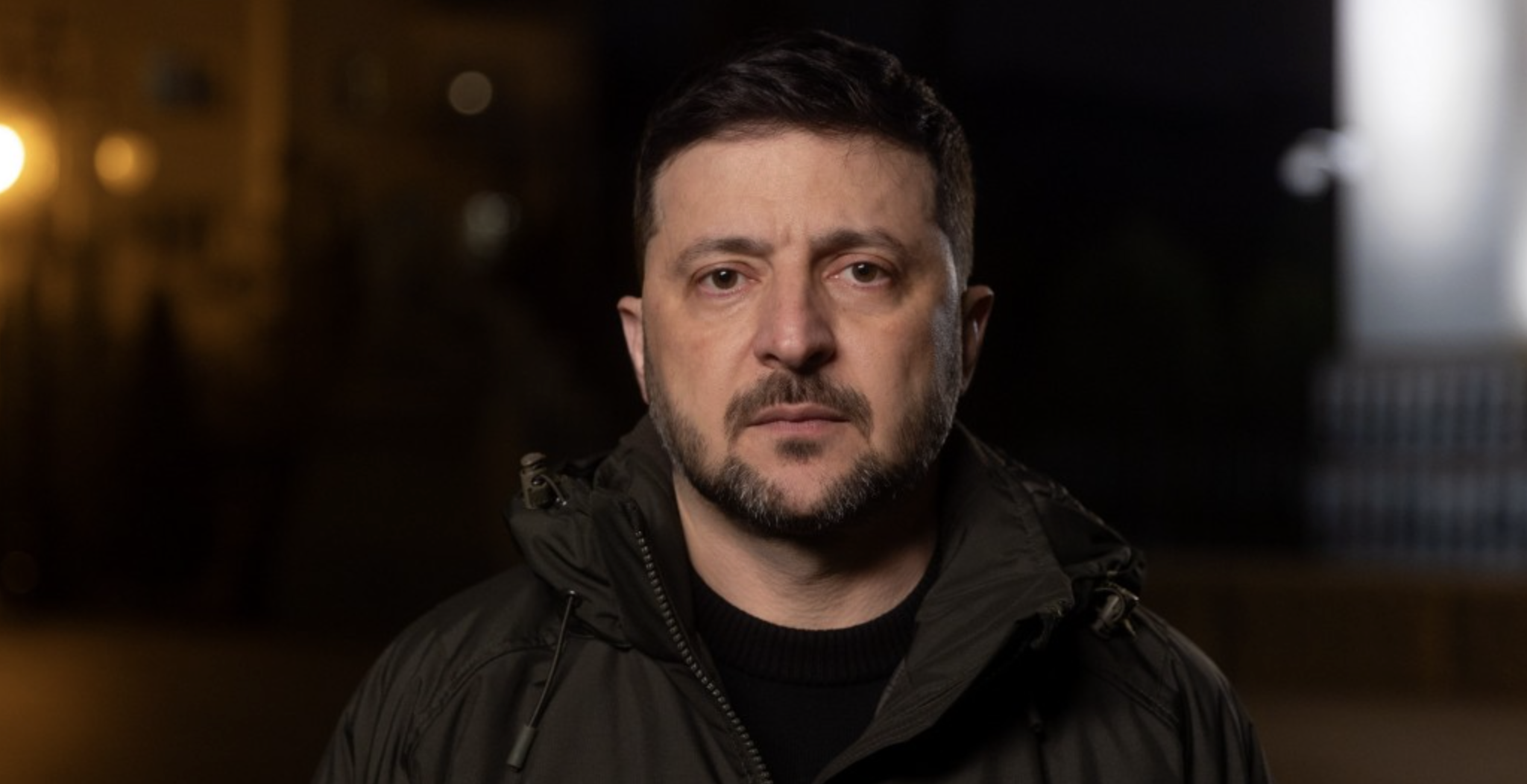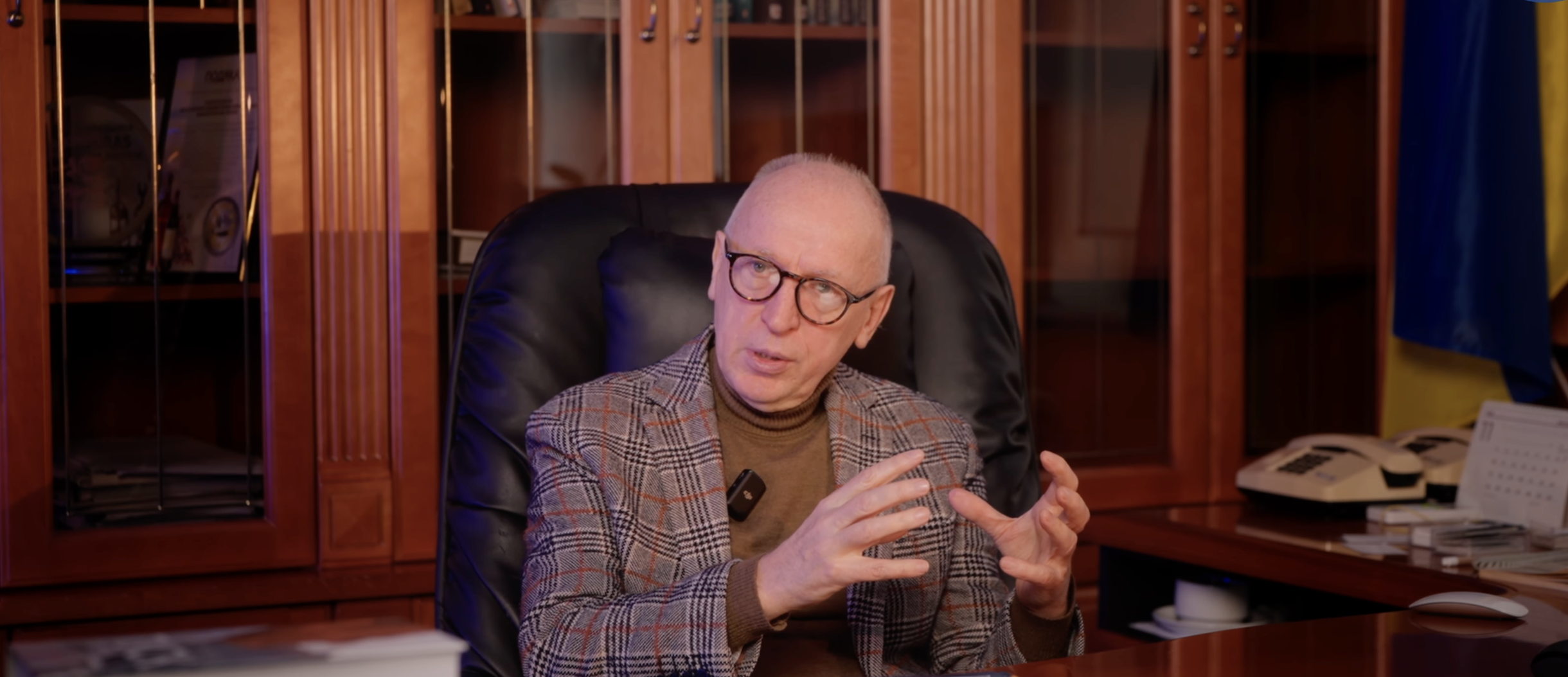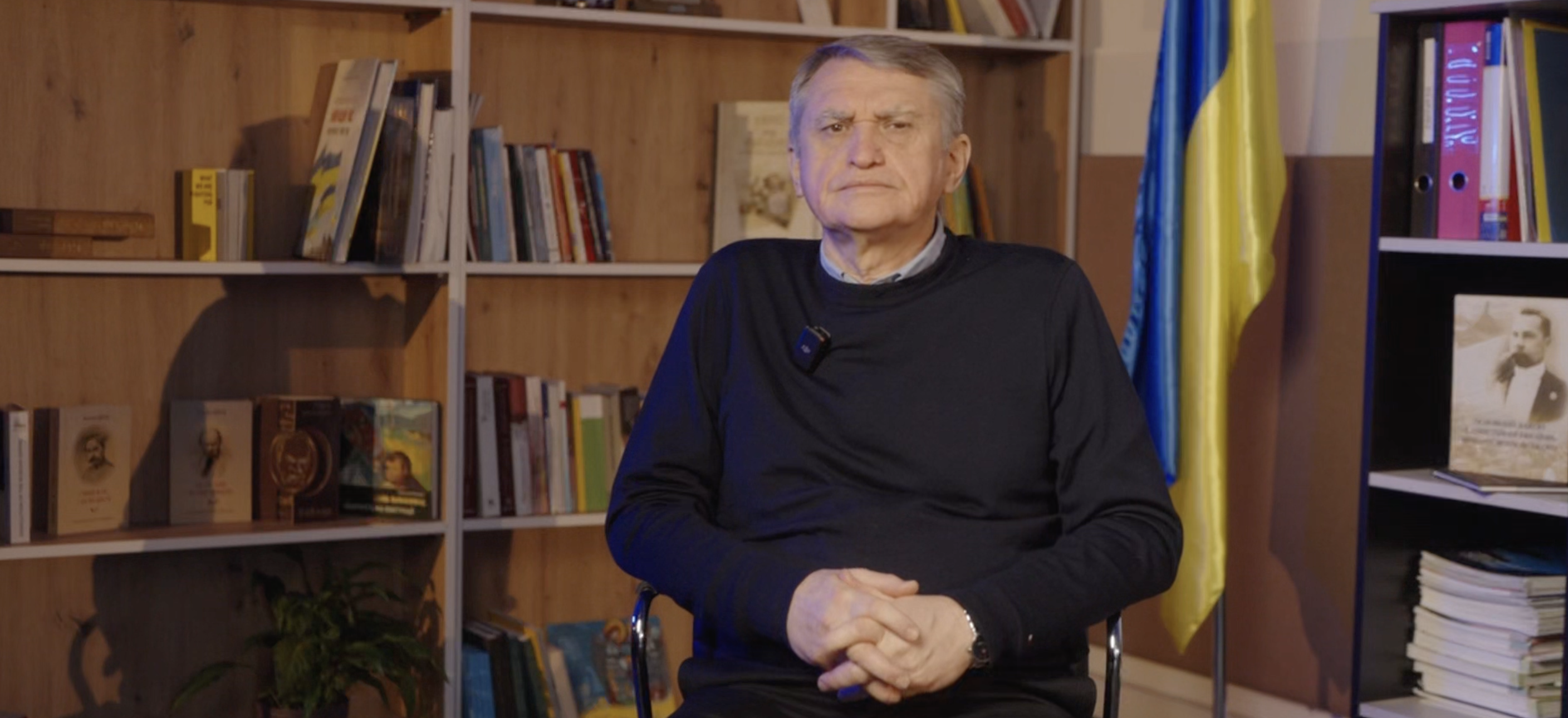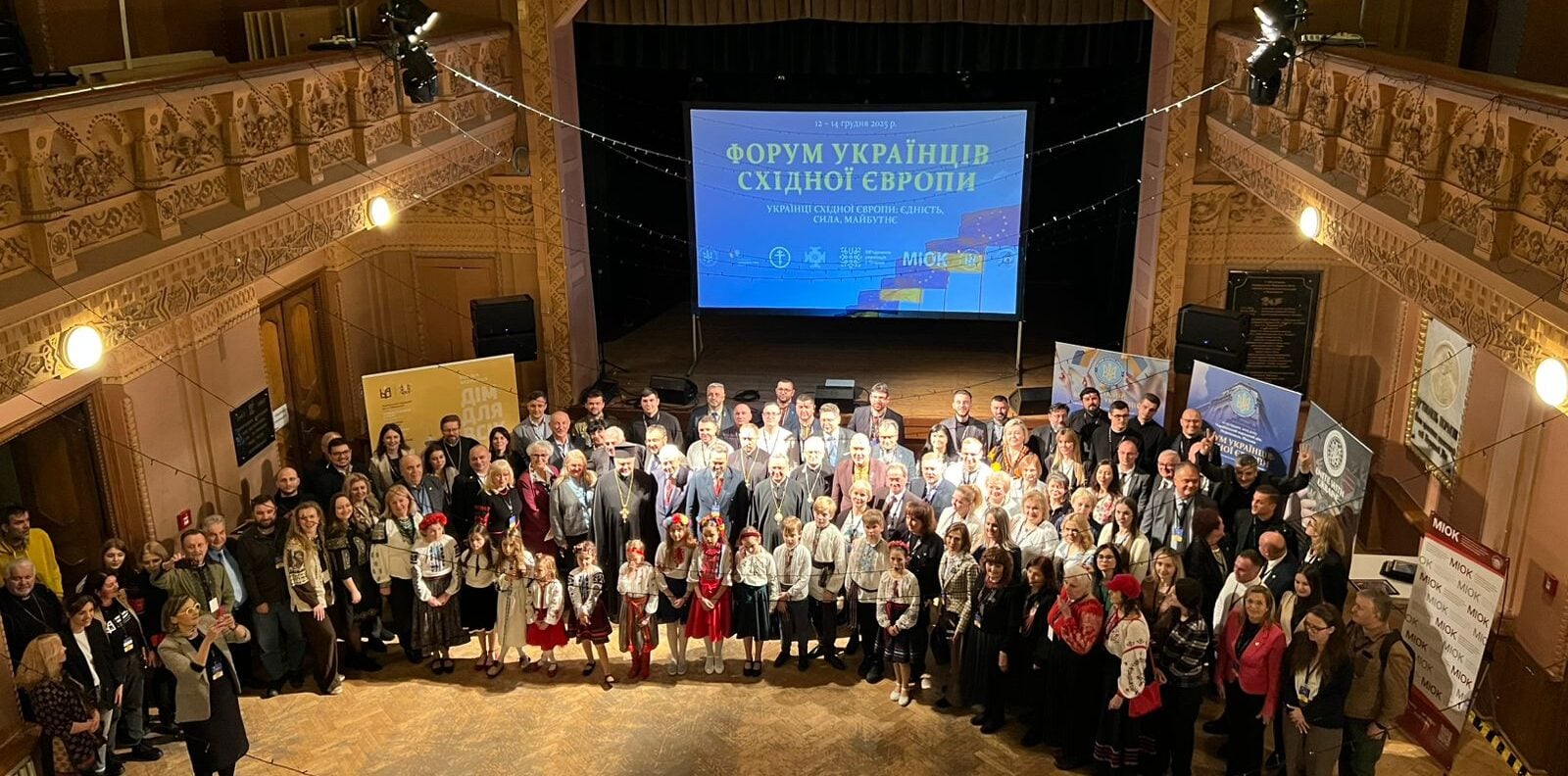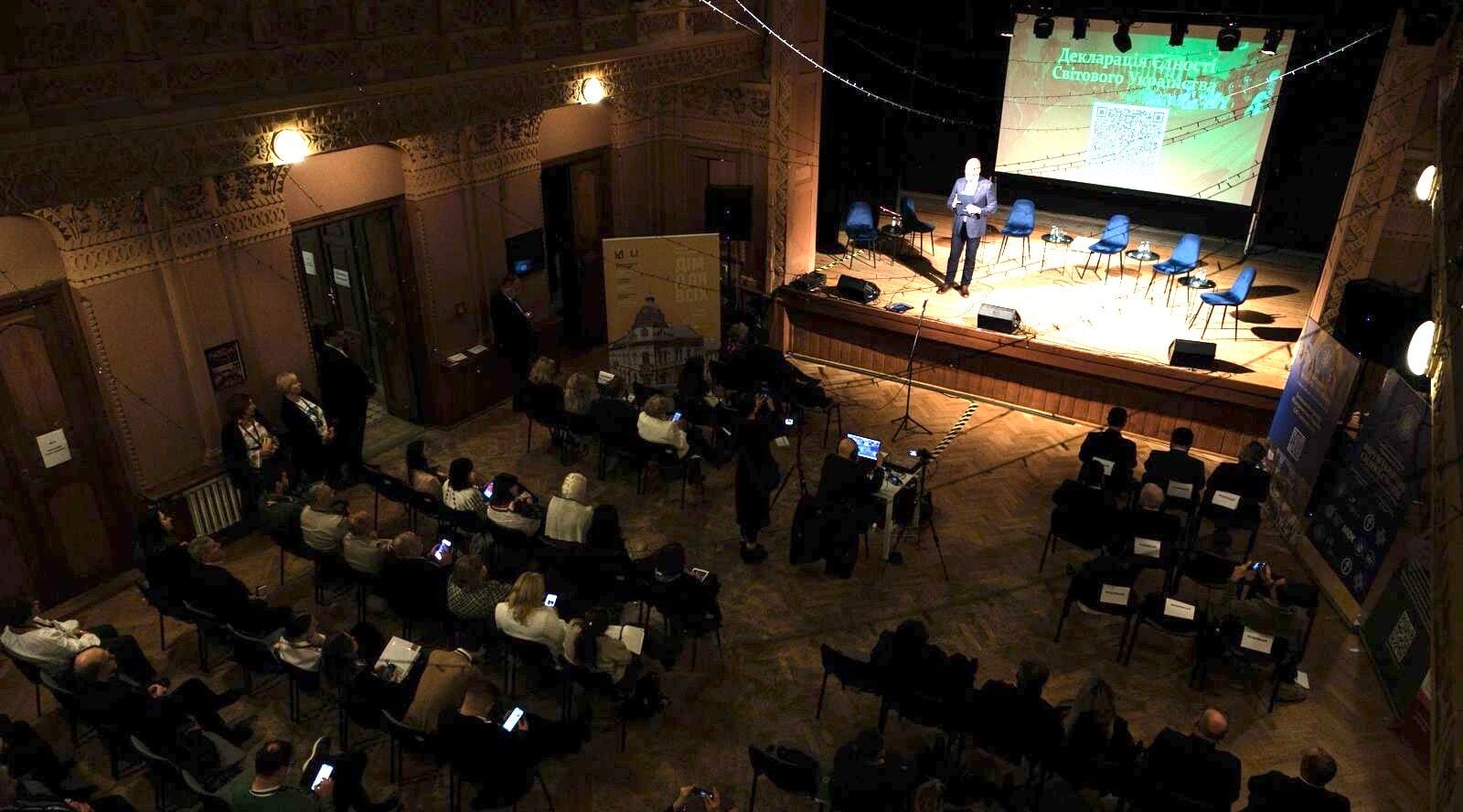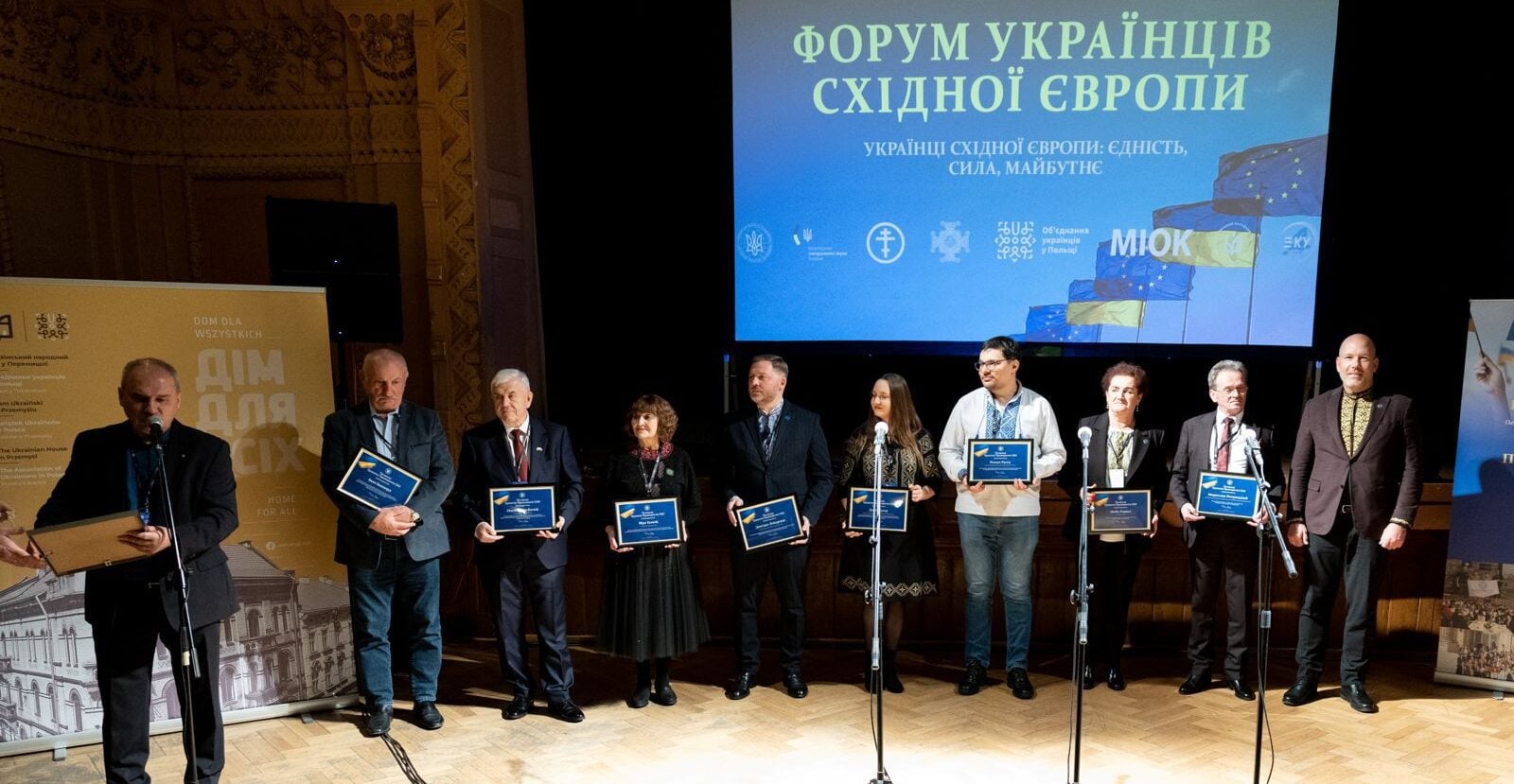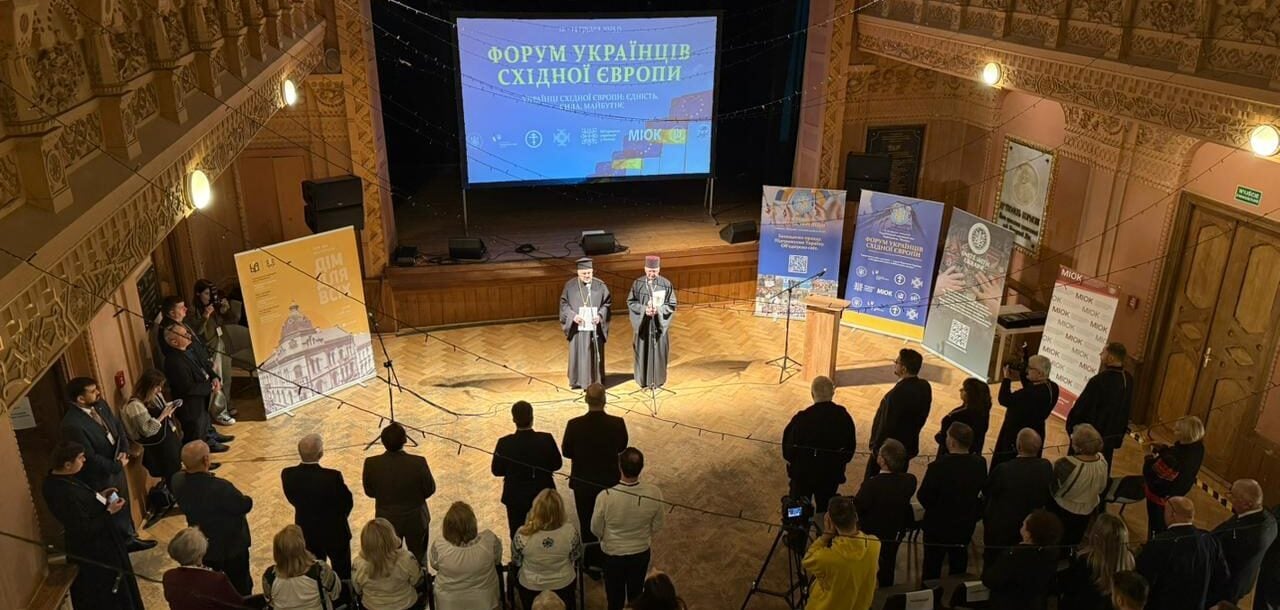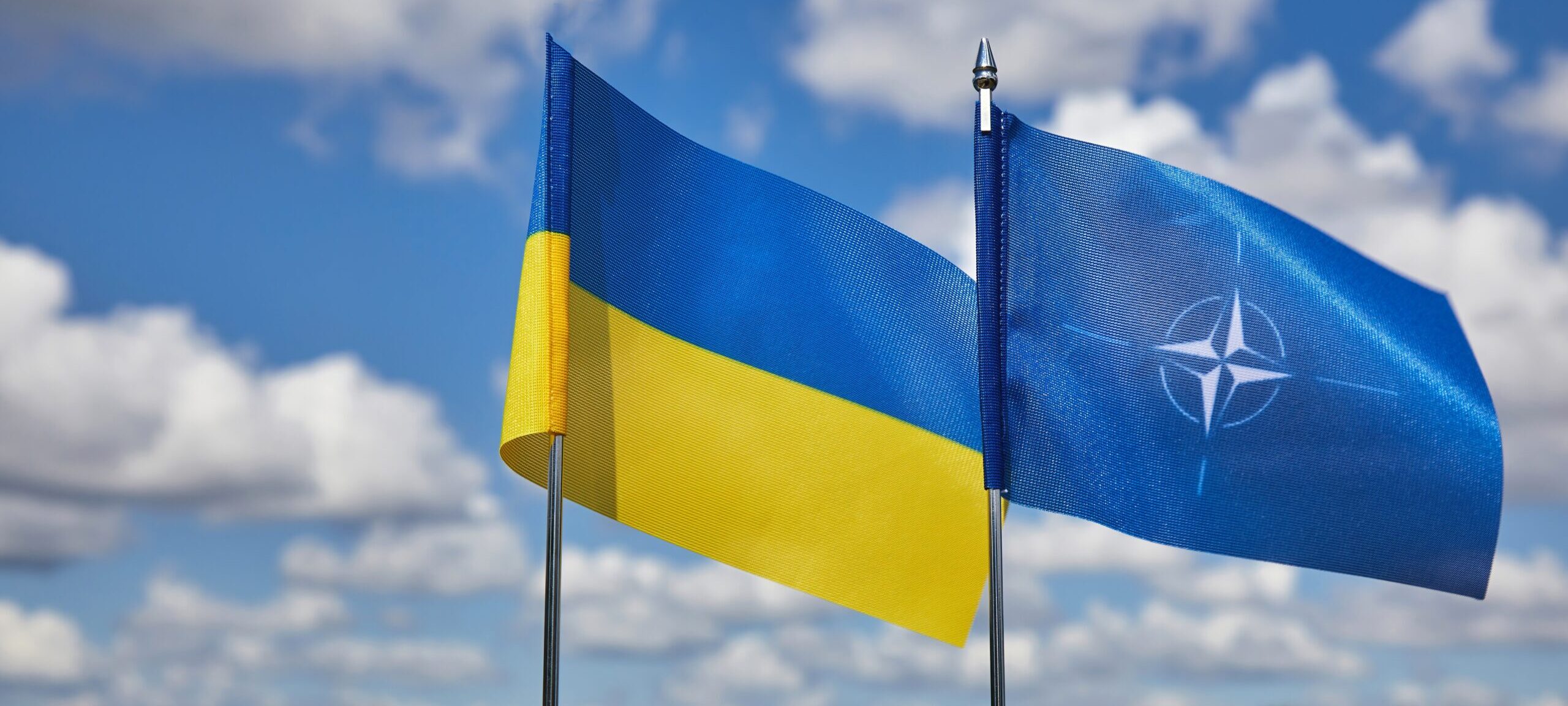
Over 100 prominent scientists and university leaders from the USA, Canada, Europe, and Ukraine have addressed NATO in an open letter, disputing the notion that Ukraine’s NATO membership would provoke conflict with Russia. They argue that the lack of accountability for Russian war crimes in Ukraine and other nations fuels further escalation. Below is the text of the appeal published by The Guardian.
We don’t agree that Nato membership for Ukraine would provoke a conflict with Russia.
On 8 July, the eve of Nato’s 75th anniversary summit, a Russian missile struck Ukraine’s largest children’s hospital, destroying, among other sections, its cancer center, hematology lab and surgical transplant unit. Russia launched 40 missiles at cities across Ukraine that day, killing more than 40 people, wounding numerous others, and demonstrating yet again that there are no legal, political or moral lines it won’t cross in its determination to conquer Ukraine.
As Ukrainian doctors, rescue workers and volunteers evacuated child patients, many of them still in hospital gowns and attached to IVs, from the bombed-out hospital, heads of state from Nato’s 32 member countries arrived in Washington DC to discuss Russia’s war in Ukraine and how to strengthen Ukraine’s defense. Although they affirmed that “Ukraine’s future is in Nato”, and that the country’s path to the alliance is “irreversible”, Ukraine’s potential membership was once again deferred: the Washington summit declaration stated that an invitation for Ukraine to join Nato would come “when Allies agree, and conditions are met”.
The allies do not yet agree. Nato membership for Ukraine is supported by some European member states – in particular, the Baltic and Nordic states and Poland. At the same time, key powers like the US and Germany remain opposed. The arguments against Ukraine’s Nato membership, which have been proffered repeatedly since Russia’s attack on Ukraine began in 2014, ultimately reiterate the same concern: that any step, however small, would be seen as threatening Russia’s security, and would therefore provoke greater conflict. In reality, Russia’s calm acceptance of Finland and Sweden, two of its neighbors who joined Nato in 2022, has put the lie to the claim that Russia is on a hair trigger about Nato drawing any closer. It is time to acknowledge that Russia opposes Ukraine’s Nato membership only because it would obstruct Russia’s continued aggression against that country.
The focus on Russia’s alleged “Nato expansion anxiety”, and attempts to appease it, ignore Russia’s genocidal propaganda and systematic war crimes in occupied territory of Ukraine, including massacres, mass rape and torture. Russia’s actions demonstrate a clear intent to destroy Ukraine as a nation, rather than to alleviate its own security concerns. The idea that extending security guarantees to Ukraine would further incentivize Russia’s brutal prosecution of this war is unfounded, since Russia is fully determined to destroy Ukraine and needs no additional motivation to do so.
Secondly, it is a fact that Russia has not attacked a single Nato member. Instead, it has threatened, invaded and occupied non-member countries: Georgia, Moldova and now Ukraine. The territorial boundary between Nato and non-Nato countries has so far proved the only red line that Russia has (however warily) respected, even as it breaks numerous other international treaties and agreements. Russia’s resurrected imperialist militarism can only be contained by the existence of a much stronger military alliance.
Finally, attempts to appease the Kremlin fail to address Russia’s determination to secure anti-western global power. Russia already fully controls Belarus and has been actively forming its own alliances with China, North Korea and Iran, which stand for the destruction of the democratic order. Russia bombed Syrian cities to keep Bashar al-Assad (a dictator who used chemical weapons against civilians) in power. Russia supports terrorist organizations globally, including the Taliban and Hamas, and may soon send missiles to Yemen’s Houthis.
Assuming that appeasing Russia’s demands will resolve the war, or somehow de-escalate it, is naive. Impunity for Russia’s war crimes in Syria, Georgia and Ukraine has only emboldened the Kremlin. The question of Russia’s escalation is thus not “if”, but “how far?” How far will its escalation be allowed to go before democracies muster the political backbone to halt it? Western democracy must stand in unity and determination against the growing threat to global security represented by the Kremlin.
There is still time for the most powerful military alliance in the world to make a historically and politically justified decision to neutralize the existential threat posed to Ukraine by Russia. Sacrificing Ukraine in the interest of avoiding a Nato-Russia war only increases the likelihood of such war, and of further wars, as Russia will conclude that Nato’s vaunted article 5 may be negotiable, if a broader war can be averted.
Inviting Ukraine to join Nato would mark a definitive step away from the politics of appeasement and back to the rule of international law and protection of human rights. A decision to extend security guarantees to Ukraine would not only safeguard the Ukrainian state, via the only means yet shown to be successful, but would also reassert Nato and the western democracies as effective political agents on the world stage.
You can view the list of signatories by following this link.
Cover: Shutterstock
